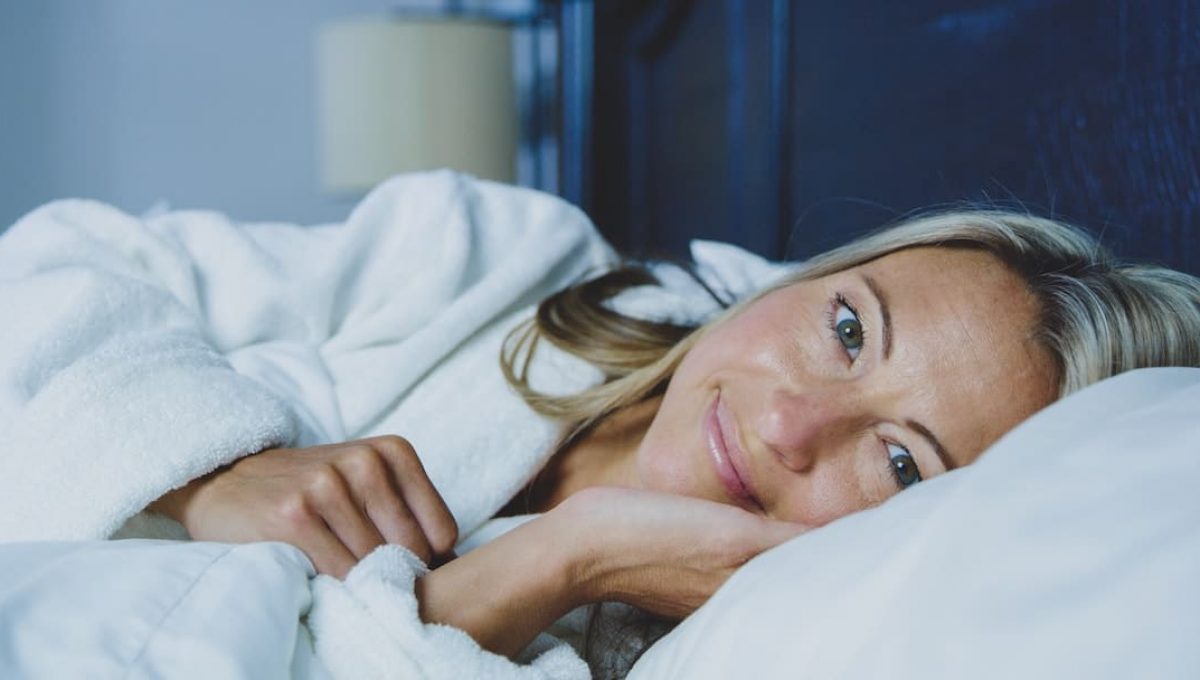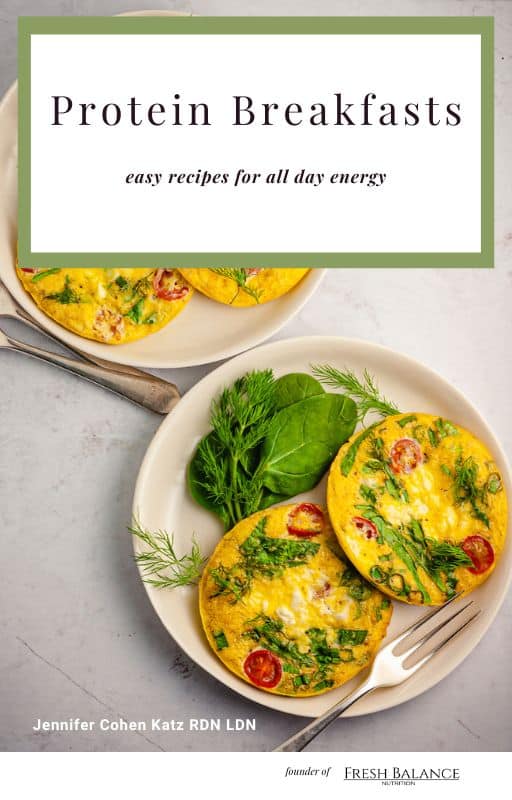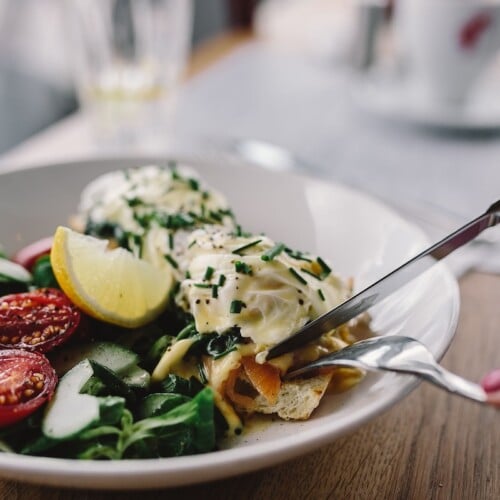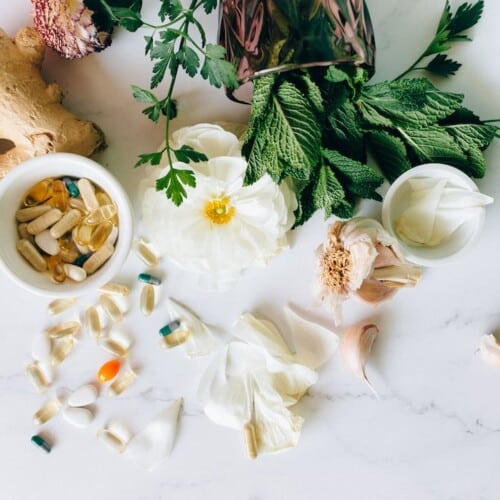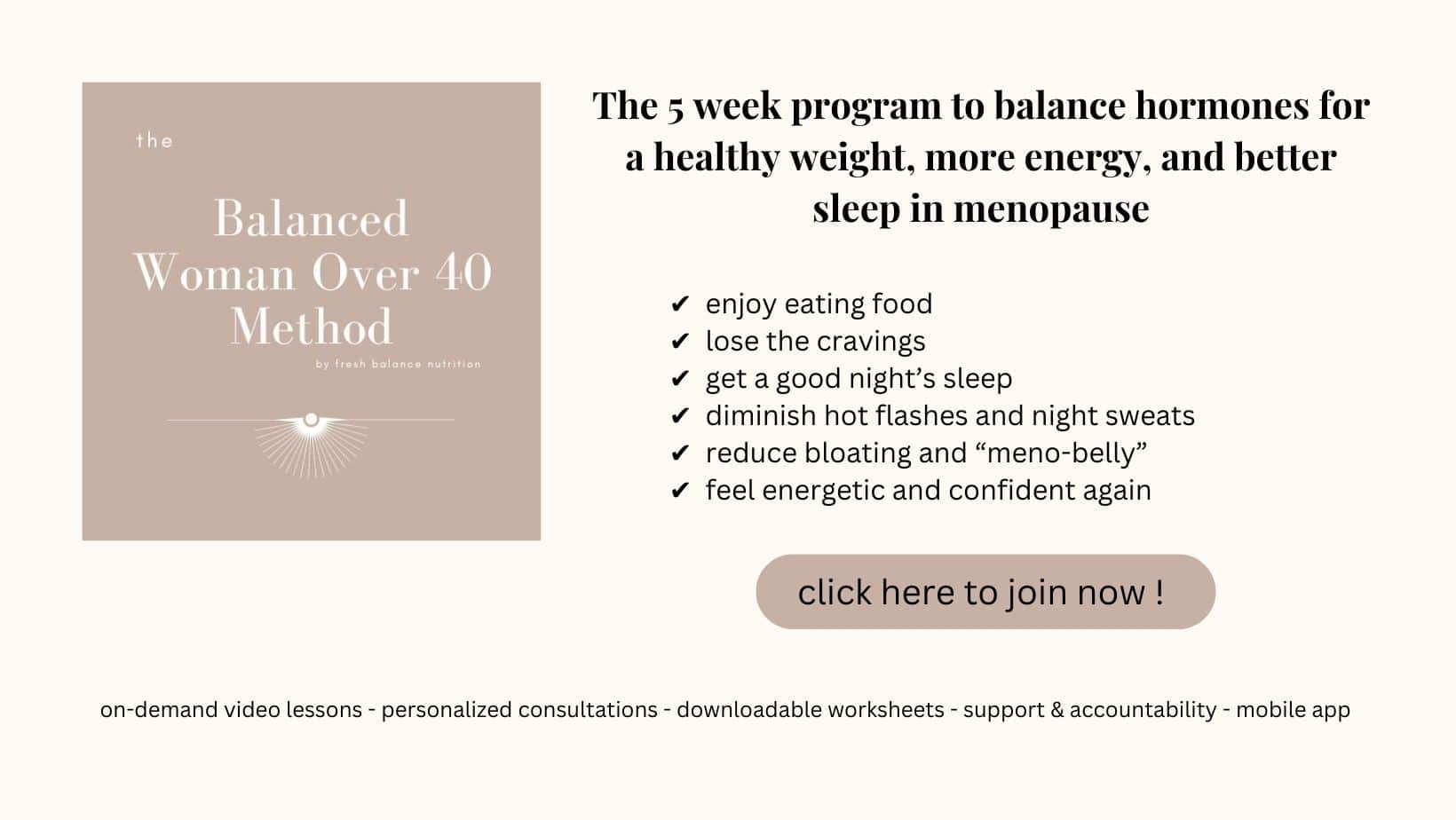There’s so much going on in your life during menopause. Caring for your children at the same time as your aging parents, tending to responsibilities at work, nurturing your relationship with your partner. A good night’s sleep is a must!
Why sleep is important in menopause
You probably know that your sleep quality is important by now. Everybody’s talking about it, right?! But do you really understand why it’s so important and how to improve insomnia and anxiety in menopause? Let me bring you up to speed.
Plummeting levels of estrogen and progesterone make it harder to fall asleep and stay asleep. Night sweats pop up as a result of fluctuating hormones. We also have more anxious thoughts at this time in our lives.
Good sleep habits can improve your health in so many ways. Quality sleep can boost your health, get you to your healthy weight, and keep you focused on your work.
While you sleep amazing stuff is happening. This is when your body takes time to repair itself. If you shortchange it a night or two your appetite goes awry and you may overeat or make less than healthy food choices.
Short term sleep shortages may affect your immune system resulting in catching more colds, flu, and other viruses. Chronic lack of sleep can cause an increase in amyloid plaques. These are the bad proteins we hear about related to Alzheimer’s Disease.
Our hormones get wonky when we don’t prioritize sleep. Inadequate sleep accelerates the aging process, catapulting our biological age to that of someone older than we really are. And more wrinkles! Not good.
So what are some healthy habits we can adopt to get to sleep and stay asleep?
Eat these foods for a good night’s sleep
Some foods and drinks contain antioxidants and nutrients, like magnesium and the sleep-regulating hormone melatonin, that help you get a better sleep.
Walnuts and almonds, along with several other types of nuts, are a source of the hormone melatonin. Melatonin regulates your internal clock and tells your body to prepare for sleep.
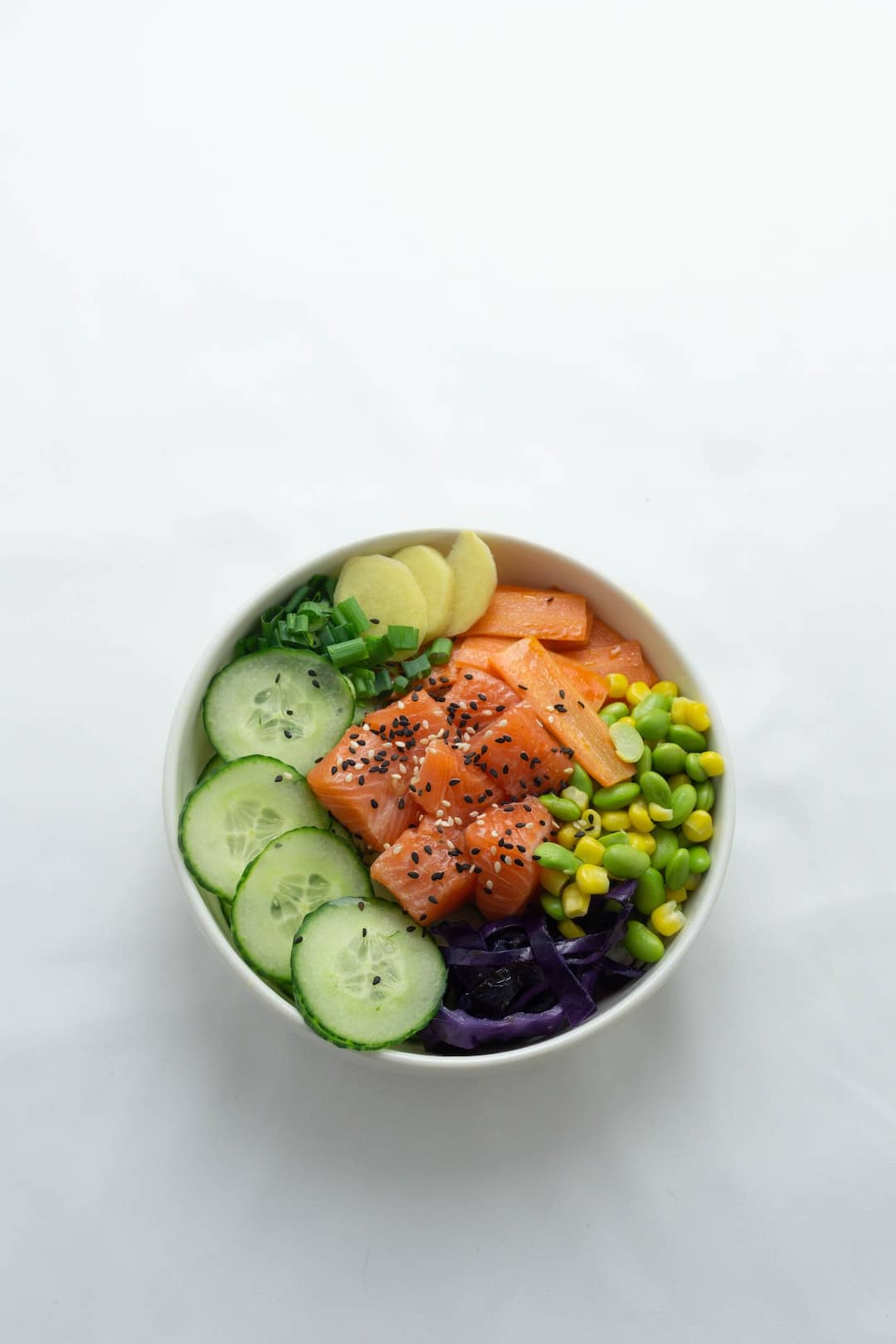
Protein eaten at the evening meal is associated with better sleep quality, including waking up less often throughout the night.
Fatty fish, like salmon, are good sources of omega-3 fatty acids and vitamin D which boost sleep quality.
If you are not lactose intolerant, dairy protein foods like cottage cheese and yogurt contain tryptophan and melatonin which help you fall asleep.
Kiwifruit is rich in serotonin and antioxidants. Both of these compounds improve sleep quality.
Supplements for better sleep in menopause
Magnesium Glycinate is known for its potential to have calming properties, which may support a reduction in anxiety, stress and sleeplessness. It can also help relieve joint pain, muscle cramps, mood changes, and fatigue.
Sip on passionflower and chamomile teas. The passionflower plant has been found to help relieve anxiety and help you get to sleep. It seems to work by boosting the level of gamma-aminobutyric acid (GABA) in your brain. GABA lowers brain activity, which may help you relax and sleep better. Chamomile contains an antioxidant called apigenin, which can help muscles relax and get you snoozing.
Studies support that the herb ashwagandha can reduce anxiety to help you feel calm and ready to relax for the night. In addition to that it can improve the quality of your sleep and help you feel alert and ready for your day when you wake up.
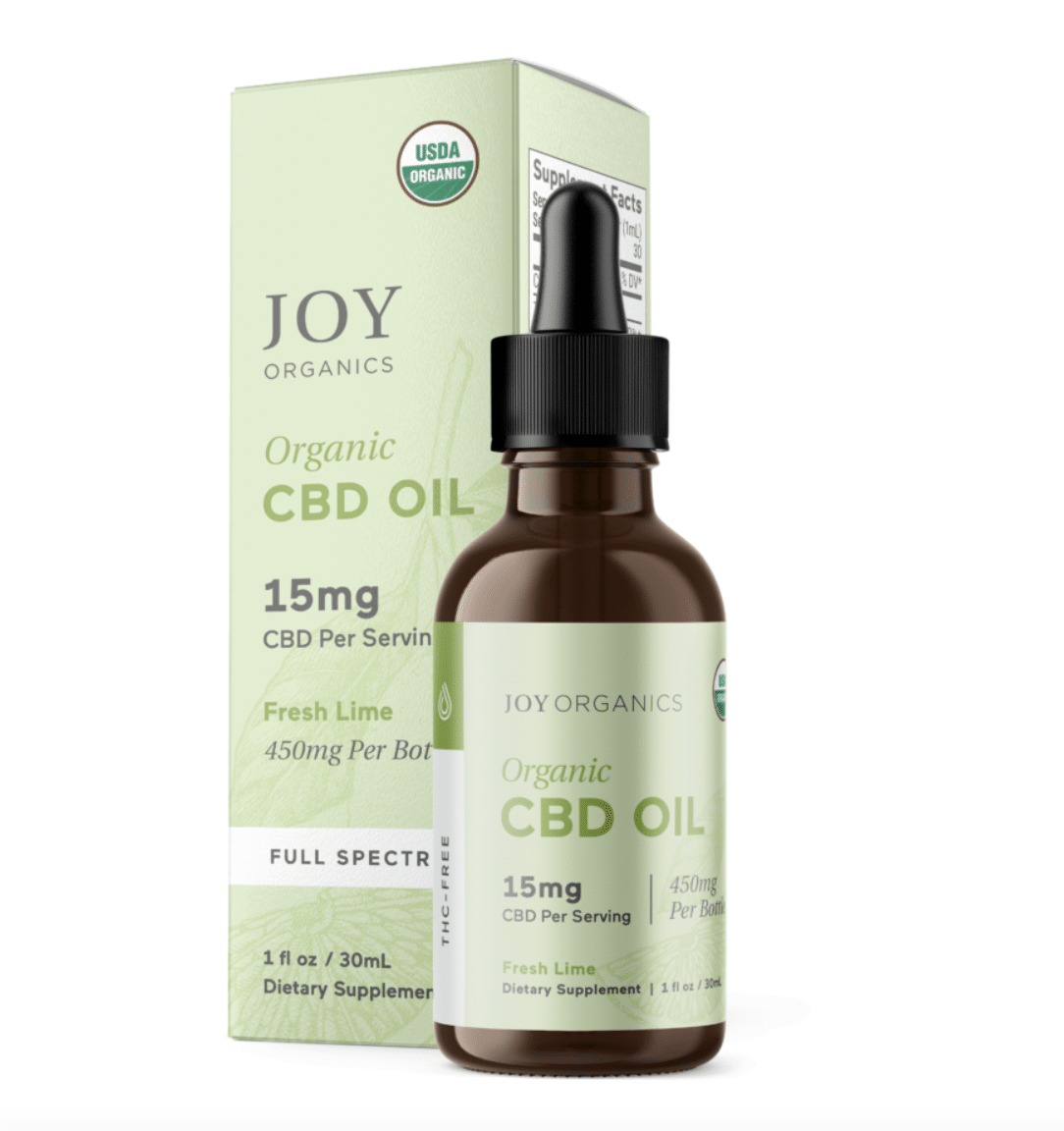
Many people use CBD for insomnia and anxiety. Study participants reported lower anxiety levels and better sleep. If you are ready to try CBD for stress and better sleep here are 2 tinctures I like: Joy Organics (use code fresh20 for 20% off) or Gossamer. You can read more about using CBD here.
Add tart cherry juice to a smoothie or sip a cold glass as you wind down in the evening. Research shows that tart cherry juice can help insomniacs get right to sleep and enjoy a good long sleep. Tart cherry juice increases the bioavailability of tryptophan and helps your body produce more melatonin.
Things to Avoid
Drinking alcohol in the evening not only disturbs your sleep health, it may increase night sweats and anxiety. If you do have a drink, give yourself 2 hours alcohol-free before bed. Drink your favorite water instead to dilute that drink and help your body detox the alcohol.

Have a smaller dinner and finish at least 2 hours before bedtime. Digestion slows down as our bodies shift into sleep mode. Large meals eaten too close to sleep may leave you with indigestion and difficulty falling asleep.
I have 2 things to say about caffeine. One, decaffeinated coffee and tea still contain caffeine. If you are really sensitive you need to cut them out around bedtime. Remember chocolate contains caffeine too.
Two, how efficiently does your body break down caffeine? Be suspicious that you’re a slow detoxer if you enjoy a cup of coffee or tea around noon or later and find yourself tossing and turning at night.
Regular exercise can definitely improve sleep quality. However, scheduling your workout too close to bedtime can make it difficult for you to get into wind down mode.
Anxiety can be worse at night perhaps because we have no distractions from our anxious thoughts like we might have during the day. Release things like work responsibilities, family concerns, bills to pay, the news, your to-do list, email responses by filing them away in a worry journal. Record these stressful thoughts in your journal kept by the bedside to leave your worries behind for the night.
Try some recipes with ingredients for better sleep:
Lentil Soup with Chicken Sausage and Chard
This post contains affiliate links for products I use and trust. I may receive commissions on purchases at no cost to you. As an Amazon associate I earn from qualifying purchases.

